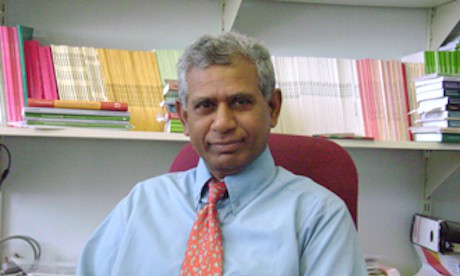Pope Francis was hailed around the world as a “messenger of hope” during his historic visit to Kenya, Uganda and Central African Republic.
The visit to the three African countries was replete with gestures of reconciliation and peace.
He pushed all the right buttons on religious liberty, climate change and reforms to the annulment process of divorced Catholics.
The visit came soon after he recently met Fidel Castro in Cuba and his visit to the US, where he celebrated mass.
Pope Francis took a stand against poaching in Africa as well as corruption. He even visited a mosque in Central Africa. This had particular significance given the ongoing inter-religious conflict and violence in the region.
The pope’s visit has been profiled as a “message to the world”. The explosive growth of the Catholic population in Africa despite religious, ethnic and political conflicts is a hint of the growing significance of Africa for the Catholic Church.
According to the Pew Research Centre, the Catholic population in sub-Saharan Africa grew from 1% in 1910 to 16% in 2010. Globally, 31.5% of people are Christians.
Given the phenomenal growth of Catholicism on the continent those of us who live in Africa need to be asking some important questions. These include:
- What does Pope’s visit mean for Africa? Is it merely a goodwill visit or will it have any fundamental impact?
- Will the Catholic Church lead us through a path of a greater socialistic view of society in Africa?
The Catholic church and socialism
Jesus of Nazareth could easily have been construed as a socialist in his approach to society.
But the church that became so powerful in the aftermath of the conversion of Emperor Constantine in 312AD has not only been at the helm of holy wars – in the postindustrial revolution it became an ally of capitalism.
In more recent times, the modern church – including the Catholic denomination – has also been at the forefront of liberation movements in Latin America, notably Columbia and Peru. Continue reading
- P. Pratap Kumar is Professor of Hinduism and Comparative Religion, University of KwaZulu-Natal.
